Gorbachev died shocked and bewildered by Ukraine conflict – interpreter
[ad_1]
MOSCOW, Sept 1 (Reuters) – Mikhail Gorbachev, the last Soviet leader, was shocked and bewildered by the Ukraine conflict in the months before he died and psychologically crushed in recent years by Moscow’s worsening ties with Kyiv, his interpreter said on Thursday.
Pavel Palazhchenko, who worked with the late Soviet president for 37 years and was at his side at numerous U.S.-Soviet summits, spoke to Gorbachev a few weeks ago by phone and said he and others had been struck by how traumatised he was by events in Ukraine.
“It’s not just the (special military) operation that started on Feb. 24, but the entire evolution of relations between Russia and Ukraine over the past years that was really, really a big blow to him. It really crushed him emotionally and psychologically,” Palazhchenko told Reuters in an interview.
Register now for FREE unlimited access to Reuters.com
“It was very obvious to us in our conversations with him that he was shocked and bewildered by what was happening (after Russian troops entered Ukraine in February) for all kinds of reasons. He believed not just in the closeness of the Russian and Ukrainian people, he believed that those two nations were intermingled.”
President Vladimir Putin sent tens of thousands of troops into Ukraine on Feb. 24 in what he called a “special military operation” to ensure Russia’s security against an expanding NATO military alliance and to protect Russian-speakers.
Kyiv says it is defending itself from an unprovoked imperial-style war of aggression and the West has imposed sweeping sanctions on Moscow to try to get Putin to pull his forces back, something he shows no sign of doing.
In photographs of 1980s summits with U.S. President Ronald Reagan, the bald, moustachioed figure of Palazhchenko can be seen time and again at Gorbachev’s side, leaning in to capture and relay every word.
Now 73, he is well placed to know the late politician’s state of mind in the period before he died, having seen him in recent months and been in touch with Gorbachev’s daughter Irina.
Gorbachev, who was 91 when he died on Tuesday from an unspecified illness, had family connections to Ukraine, said Palazhchenko. He was speaking at the Moscow headquarters of the Gorbachev Foundation where he works, and where Gorbachev kept an office dominated by a giant portrait of his late wife Raisa whose father was from Ukraine.
CONFLICTED ON UKRAINE
While in office, Gorbachev tried to keep the Soviet Union’s 15 republics, including Ukraine, together but failed after reforms he set in motion emboldened many of them to demand independence.
Soviet forces used deadly force in some instances in the dying days of the USSR against civilians. Politicians in Lithuania and Latvia recalled those events with horror after Gorbachev’s death, saying they still blamed him for the bloodshed. read more
Palazhchenko said Gorbachev, who he said believed in solving problems solely via political means, had either not known about some of those bloody episodes beforehand or “extremely reluctantly” authorised the use of force to prevent chaos.
Gorbachev’s position on Ukraine was complex and contradictory in his own mind, said Palazhchenko, because the late politician still believed in the idea of the Soviet Union.
“Of course in his heart the kind of mental map for him and for most people of his political generation is still a kind of imagined country that includes most of the former Soviet Union,” said Palazhchenko.
But Gorbachev would not have waged war to restore the now defunct country he presided over from 1985-1991, he suggested.
“Of course I can’t imagine him saying ‘this is it, and I will do whatever to impose it’. No.”
While Gorbachev believed his duty was to show Putin respect and support, his former interpreter said he spoke out publicly when he disagreed with him such as on the treatment of the media. But he had taken a decision not to “provide a running commentary” on Ukraine beyond approving a statement in February that called for an early end to hostilities and for humanitarian concerns to be addressed.
HISTORY’S VERDICT
While conceding that some Russians and people across the former Soviet empire held extremely negative views of Gorbachev for the economic and geopolitical tumult that followed the 1991 collapse of the USSR, Palazhchenko argued that Gorbachev’s legacy was substantial.
He had not only helped end the Cold War and reduced the risk of nuclear war, he said, but had voluntarily dismantled totalitarianism inside the Soviet Union and given Russia a chance for freedom and democracy.
“I think that he did remain optimistic about Russia’s future,” despite his own legacy being “mangled” and what he regarded as “unfair criticism”, said Palazhchenko.
“He believed that the people of Russia are very talented people and once they are given a chance, maybe a second chance, that that talent…will show.”
Palazhchenko, who reminisced about Cold War U.S.-Soviet summits and chatting in a limousine with Gorbachev after White House talks, said he and his colleagues now faced the task of going through Gorbachev’s papers and books at the late politician’s state-owned dacha outside Moscow as there was lots of material that had not yet been systematically catalogued in his archive.
Visibly angered by criticism of Gorbachev since his death by some people on social media whom he called “haters”, Palazhchenko said his former employer thought history would judge him rightly.
“He liked to say that history is a fickle lady. I think that he believed and that he expected that the final verdict will be positive for him.”
Register now for FREE unlimited access to Reuters.com
Reporting by Andrew Osborn; Editing by Mark Trevelyan
Our Standards: The Thomson Reuters Trust Principles.
[ad_2]
Read Nore:Gorbachev died shocked and bewildered by Ukraine conflict – interpreter

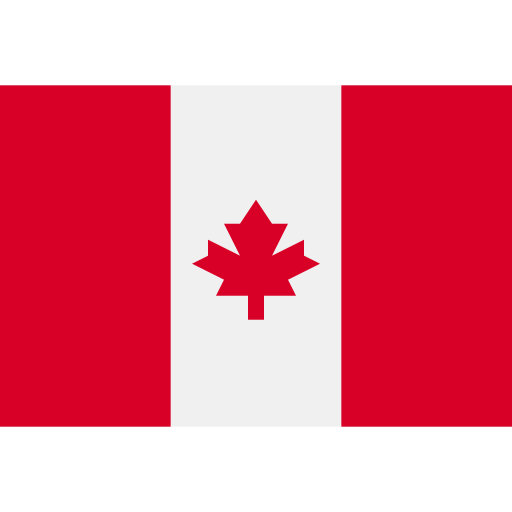 Canada
Canada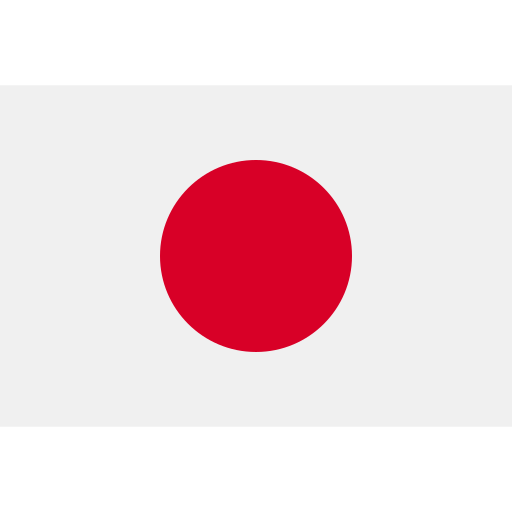 Japan
Japan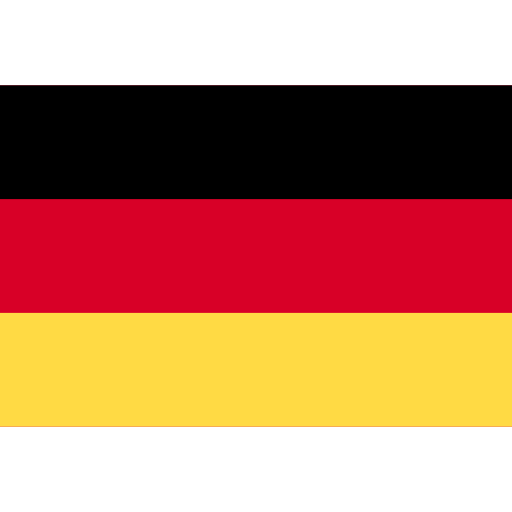 Germany
Germany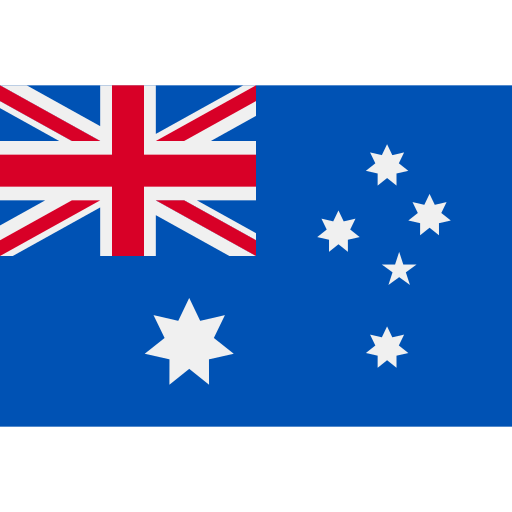 Australia
Australia United States
United States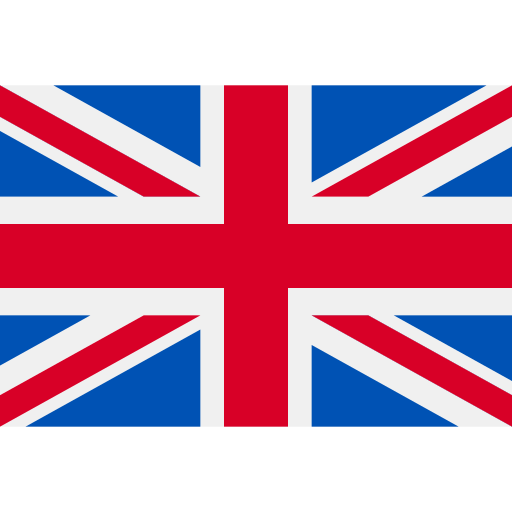 United Kingdom
United Kingdom China
China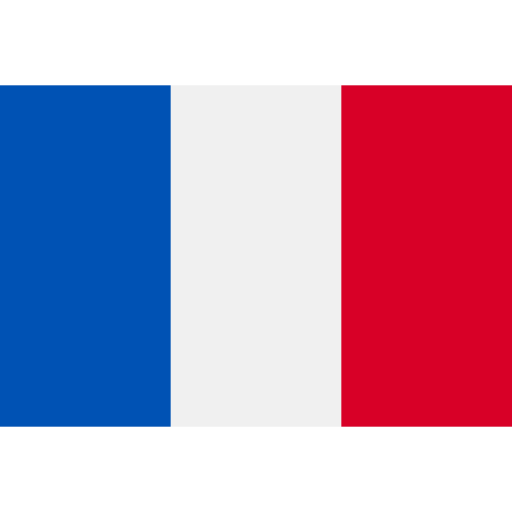 France
France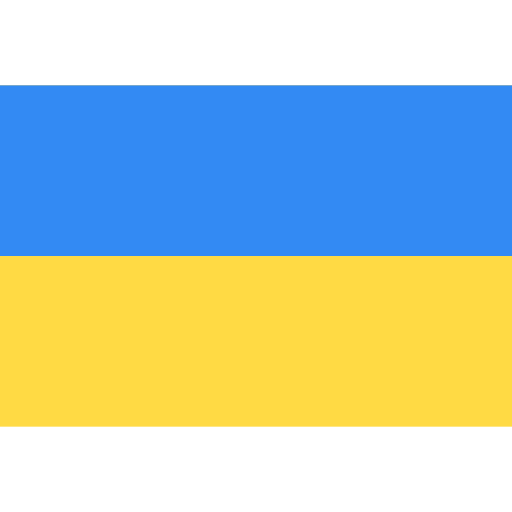 Ukraine
Ukraine Russia
Russia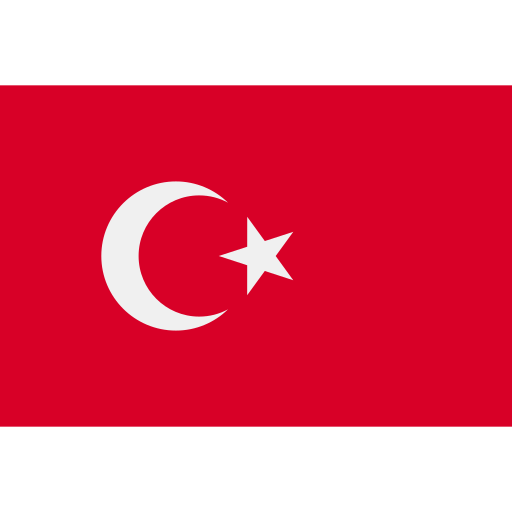 Turkey
Turkey